Connecting Health and Community While Working Anywhere
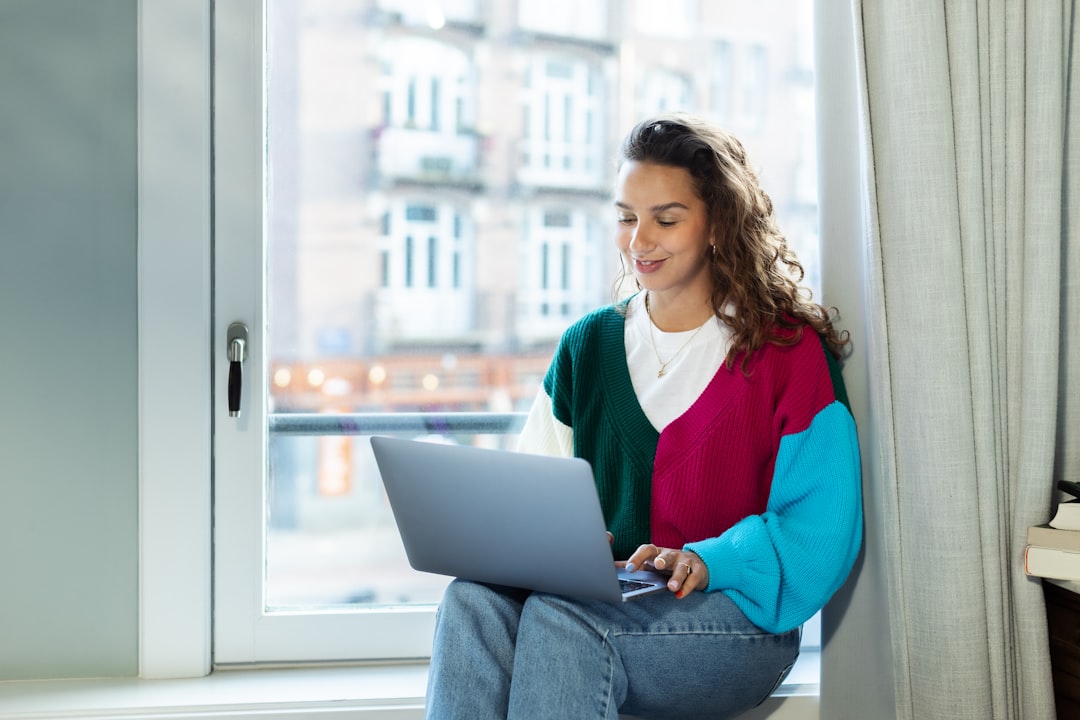
Building a Health First Mindset
For a digital nomad the line between work and life can blur in an instant. The freedom to choose a new city each month is intoxicating but it also brings a constant stream of new variables. A solid health mindset acts as the anchor that keeps you steady when the Wi‑Fi drops, the time zone shifts, or the local cuisine challenges your gut.
Start each day with a brief check‑in. Ask yourself three simple questions: how did I sleep, what will I eat today, and how will I move my body? Write the answers in a notebook or a phone note. The act of recording creates accountability and helps you notice patterns before they become problems.
Remember that health is not a destination but a daily practice. A single unhealthy meal or a missed workout does not undo weeks of good habits. What matters is the overall trajectory. By framing health as a series of small, repeatable actions you reduce the pressure that often leads to burnout.
Finding Community on the Move
Loneliness can creep in even when you are surrounded by strangers. The nomadic lifestyle offers countless opportunities to meet people, but it also requires intention.
Co‑working spaces are a natural hub. Most major cities have at least one location where freelancers and remote employees gather. Choose a spot with a community board or regular events. Attend the weekly coffee chat or the monthly skill‑swap. These low‑key gatherings let you share experiences without feeling forced.
Local meet‑ups are another gold mine. Platforms such as Meetup, Facebook groups, and event calendars list language exchanges, hiking clubs, cooking classes, and volunteer outings. Pick one that aligns with an interest you already have. When you show up with genuine curiosity, connections form more easily.
If you prefer a more structured environment, consider joining a digital nomad residency or a nomad‑focused retreat. These programs often blend workspaces, accommodation, and social programming. The shared experience of living abroad creates a strong sense of camaraderie that can last long after you leave the city.
Nutrition Strategies for the Road
Eating well while traveling is a balancing act between exploring local flavors and maintaining nutritional balance. The key is to adopt flexible guidelines rather than strict rules.
Prioritise Whole Foods
Seek out markets, street stalls, and small grocery stores that sell fresh produce, nuts, seeds, and whole grains. A colorful salad, a handful of almonds, or a bowl of lentils can anchor a meal and provide lasting energy.
Embrace Local Staples
Every culture has its own nutrient‑dense staples. In Japan you’ll find miso soup, fermented soy, and seaweed. In Mexico, beans, corn, and avocado are common. Learn what the local “superfoods” are and incorporate them into your meals. This not only supports your health but also deepens your cultural immersion.
Keep a Portable Pantry
A small bag of dried legumes, quinoa, rolled oats, and spices can be a lifesaver on days when cooking facilities are limited. These items are lightweight, have a long shelf life, and can be turned into a nutritious bowl with just hot water.
Hydration is Non‑Negotiable
Travel often disrupts your usual water intake. Carry a reusable bottle and refill it whenever possible. In hot climates add a pinch of sea salt and a squeeze of citrus to replace electrolytes naturally.
Listen to Your Body
Altitude, humidity, and new spices can affect digestion. If you notice bloating or fatigue after a certain dish, adjust your intake. Keep a simple food journal to track how different foods make you feel. Over time you’ll develop a personal map of what works best in each environment.
Practical Food Prep Tips
Cooking in a foreign kitchen can feel daunting, but a few practical habits make it simple and enjoyable.
Scout the Kitchen First
When you arrive at a new accommodation, locate the stove, sink, and any available appliances. Test the water temperature and check if the gas or electric outlets match your equipment. Knowing the layout saves time later.
Batch Cook When Possible
If you have a fridge, prepare a larger portion of a versatile base such as brown rice, quinoa, or roasted vegetables. Store it in containers and mix with different proteins or sauces throughout the week. This reduces daily cooking effort while keeping meals fresh.
Use One‑Pot Methods
One‑pot soups, stews, and stir‑fries minimize cleanup. Add a protein source, a handful of vegetables, a grain, and broth or water to a pot. Simmer until everything is tender. The result is a balanced meal with minimal fuss.
Leverage Kitchen Gadgets
A compact immersion blender, a small rice cooker, or a portable electric kettle can expand your cooking options dramatically. They occupy little space and are easy to pack.
Stay Safe with Food Storage
In hot climates, perishable items can spoil quickly. Keep a small cooler bag with an ice pack for daily trips to the market. When you return, transfer leftovers to airtight containers and consume them within a day or two.
Staying Active Anywhere
Physical activity fuels mental clarity, supports immune function, and counters the sedentary nature of desk work. The nomadic lifestyle actually offers a diverse menu of movement opportunities.
Walk or Cycle as Transportation
Choose to walk short distances to cafes, coworking spaces, or attractions. In many European cities, cycling lanes are well‑marked and bike rentals are inexpensive. The extra steps boost circulation and give you a closer view of the neighbourhood.
Use Bodyweight Routines
A yoga mat, a towel, and a small resistance band are enough to perform a full‑body workout in a hotel room or park. Movements like squats, lunges, push‑ups, and planks can be combined into a circuit lasting 15 to 20 minutes.
Join Local Fitness Classes
Many cities have drop‑in classes for yoga, Pilates, martial arts, or dance. Participating not only provides a structured workout but also introduces you to locals who share a health focus.
Explore Outdoor Adventures
Take advantage of the natural landscape around you. Hike a nearby trail, paddleboard on a lake, or snorkel at a beach. These activities are often free or low‑cost and give you a break from the screen.
Schedule Movement Breaks
Set a timer to stand up every hour, stretch, or walk around the block. Even brief micro‑breaks improve posture and reduce eye strain.
Mental Wellness While Roaming
The excitement of new places can be accompanied by stress, uncertainty, and occasional loneliness. Nurturing mental health is as essential as eating well or staying active.
Create a Routine Anchor
Even a loose daily structure can provide comfort. Choose a consistent wake‑up time, a morning ritual such as meditation or journaling, and a set work block. The routine creates a sense of normalcy amidst changing surroundings.
Practice Mindfulness
Take a few minutes each day to focus on breathing or observe the sounds of your environment. Mindfulness reduces anxiety and helps you stay present, making travel experiences richer.
Set Boundaries with Work
Remote work can bleed into personal time. Define clear start and stop times for your workday. Communicate your availability to clients or teammates, and honour your off‑hours.
Stay Connected with Loved Ones
Schedule regular video calls with family or friends. Even a short chat can lift mood and remind you that you belong to a supportive network.
Seek Professional Support When Needed
Many therapists offer online sessions across time zones. If you feel persistent sadness, anxiety, or overwhelm, reach out for professional help. Mental health is a priority, not a luxury.
Tools and Resources
A well‑chosen toolbox can simplify health, nutrition, and community building while on the road.
Digital Health Apps
- A sleep tracker helps you monitor rest quality and adjust bedtime habits.
- A meditation app offers guided sessions ranging from a few minutes to an hour.
- A water‑reminder app nudges you to stay hydrated throughout the day.
Nutrition Platforms
- A food‑logging app lets you record meals, macros, and how you feel after eating.
- A grocery‑delivery service in many cities can bring fresh produce to your door, saving time on market trips.
Community Networks
- A nomad‑focused Discord server provides real‑time chat rooms for different regions, skill‑sharing, and meet‑up coordination.
- A local language exchange app connects you with native speakers for casual conversation and cultural immersion.
Fitness Solutions
- A streaming service with on‑demand yoga, HIIT, and strength classes can be accessed from any device.
- A portable resistance band set offers a range of strength exercises without heavy equipment.
Putting It All Together
Living as a digital nomad is an invitation to design a lifestyle that aligns work, health, and community on your own terms. The journey begins with a mindset that treats health as a daily practice rather than a checklist. From there, intentional community building turns strangers into allies, and thoughtful nutrition strategies keep your body fueled for creativity.
Practical food prep and movement habits remove the friction that often derails good intentions. By weaving short, consistent routines into each day, you create a rhythm that sustains both productivity and wellbeing.
Mental wellness is the invisible thread that ties everything together. Mindfulness, boundaries, and regular connection with loved ones protect you from the hidden costs of constant change.
Finally, leverage the tools and resources that make remote life easier. Technology can bridge gaps, but the real power lies in the habits you cultivate and the relationships you nurture.
When health, community, and work flow together, the world becomes not just a series of destinations, but a living laboratory for personal growth. Embrace each new city as an opportunity to experiment, learn, and thrive. Your body, mind, and network will thank you for the thoughtful, balanced approach you bring to the road.
Random Posts
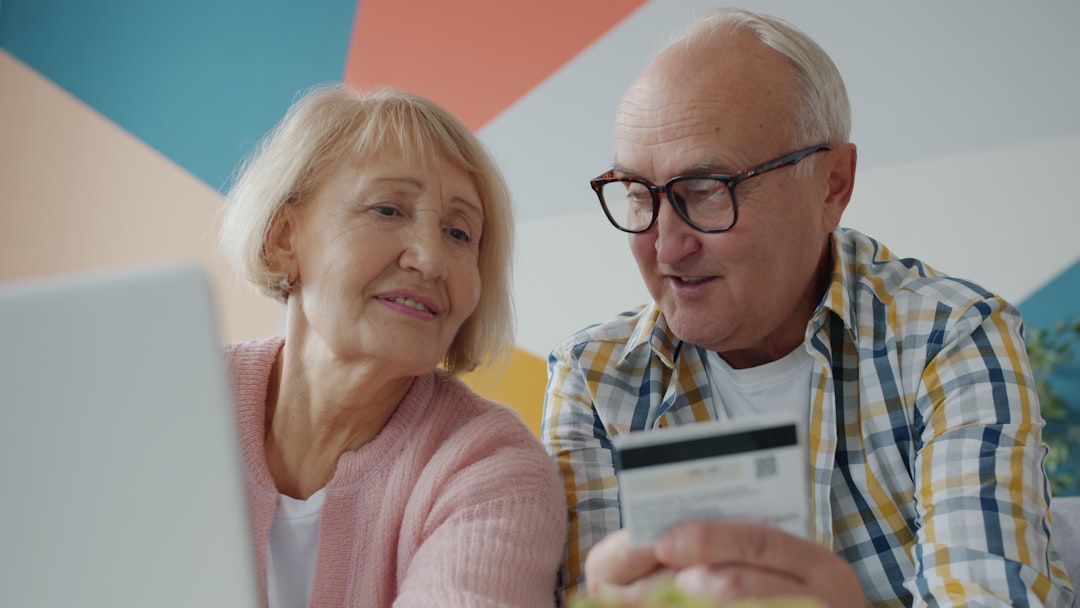
Building a Secure Financial Plan on the Road
Learn to build a resilient financial system for digital nomads, covering income streams, budgeting, tax compliance, insurance, retirement and emergency funds, so you can travel worry-free.
1 month ago

Thailand Digital Nomad Guide Safety and Culture Tips
Discover essential safety advice and cultural etiquette for thriving as a digital nomad in Thailand, from health and transport tips to local customs, so you can work remotely with confidence and respect.
1 month ago
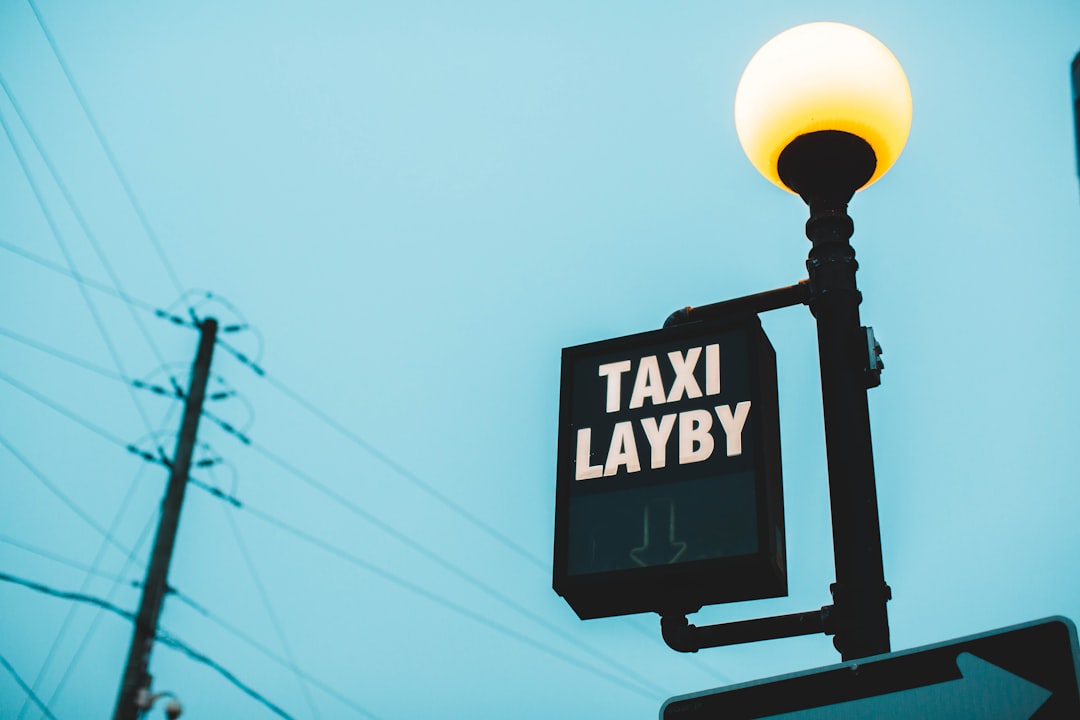
Financial Freedom Guide to Residency Options and Tax Planning for Travelers
Learn how nomadic professionals can pick the right residency, handle cross-border taxes and use offshore tools to create a tax-efficient home base and achieve real financial freedom
1 month ago
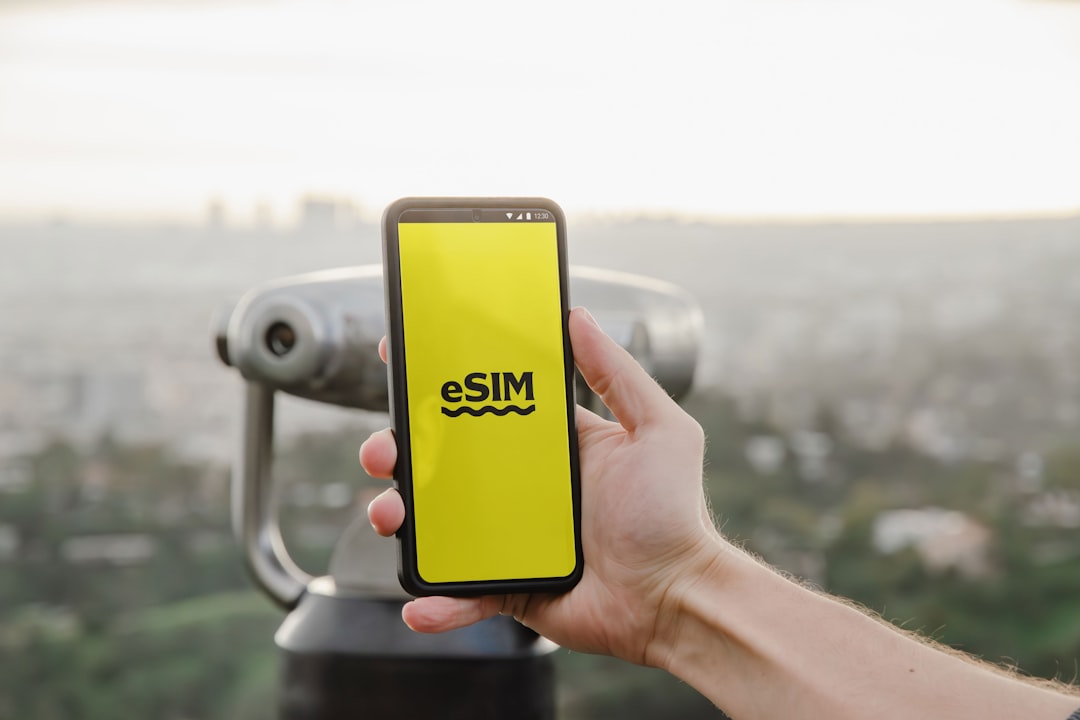
Nomad Essentials Checklist For New Travelers
Discover the ultimate nomad checklist that turns travel anxiety into confidence. From passports and visas to tech, health, money, packing hacks and safety habits, start your long-term journey fully prepared.
1 month ago
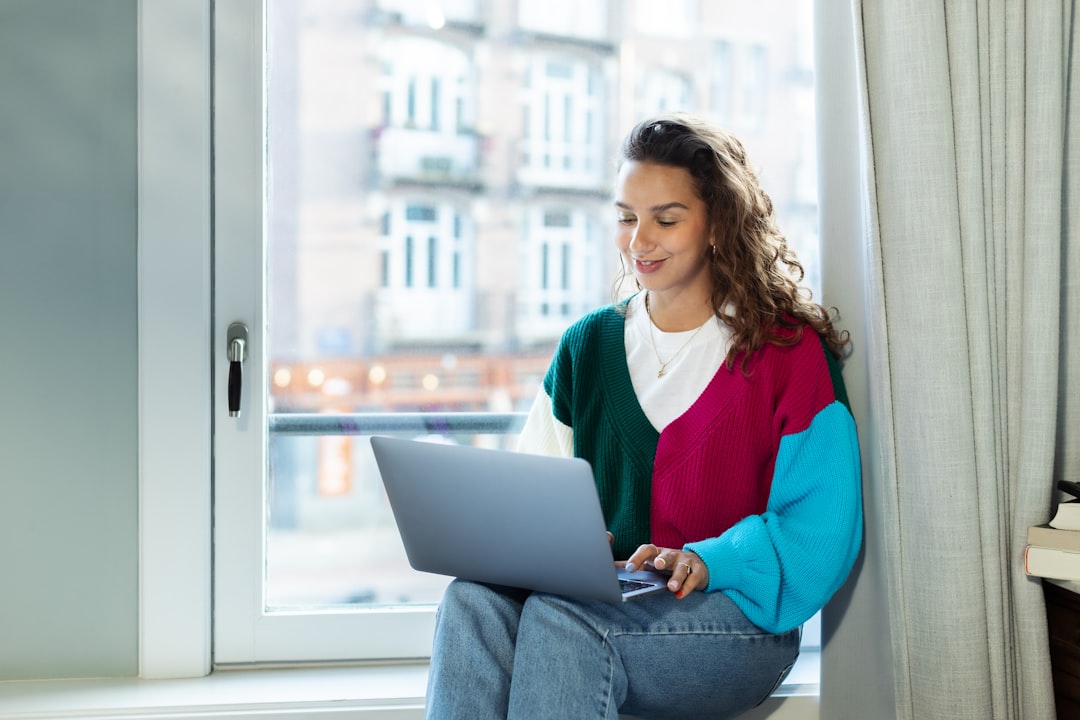
Mastering Finance and Taxes While Living the Nomad Life
Learn how to simplify banking, tax compliance, and legal protection while traveling the world by picking a home base, using smart financial tools, and adopting habits that let you enjoy the nomad lifestyle without money worries.
1 month ago
Latest Posts

Essential Software Every Remote Professional Should Use
Master remote work with essential tools: instant messaging like Slack, high definition video calls such as Zoom, and asynchronous voice apps. Streamline communication, stay connected and boost productivity.
1 day ago

Mastering Remote Work Productivity for Digital Nomads and Freelancers
Learn proven habits, tools, and tactics that help digital nomads and freelancers stay focused, deliver quality work, and maintain a sustainable lifestyle while traveling the world.
1 day ago

Tech‑Friendly European Towns Perfect for Remote Living
Discover Europe’s best small towns where fast internet, affordable living and vibrant tech communities let you work remotely while soaking up historic charm, lakeside views or mountain air.
1 day ago